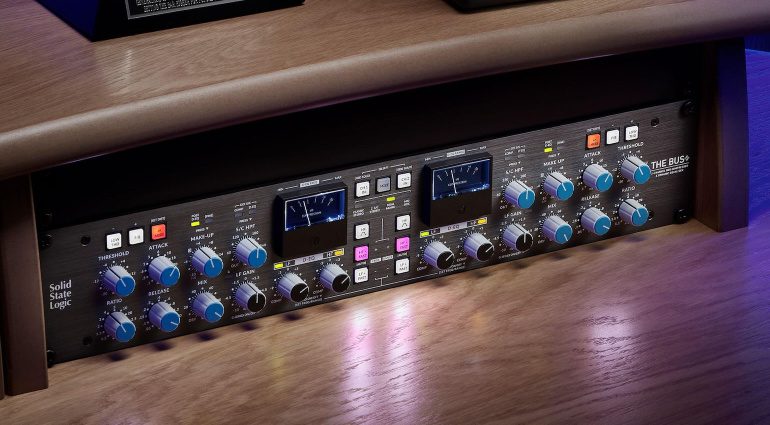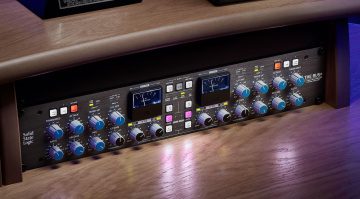Are you looking to add that special something to your mix? Tried all the software plugins you can and yet still not getting that punch and slam you desire? Well, then maybe a dedicated hardware stereo compressor might be what you’re missing! Let’s check out the best stereo compressors under $2000 and find one that suits your setup.
Why use hardware compressors at all?
Although the cost is usually far higher when investing in hardware, there are some important differences worth noting. Being that the average pro bus processing plug-in is around $300, it’s safe to say things are starting to level out.
Yes, the initial cost is greater, but unlike hardware, software has no resale value. You might save a few bucks on paid upgrades when new plug-in versions are released, but that’s about it.
Apart from that, the sound and musicality of one decent hardware processor can do more for your music than an entire channel strip filled with plug-ins in your DAW, if you know how to use it.
Plug-in controllers do their best to recreate the experience, but there is something about having the parameters literally at your fingertips.
What are the best stereo compressors under $2000?
Compressors come in all shapes and sizes with different topologies to suit the application they are built for. Some are based on vintage tube, FET, and VCA designs while others aim to break the mold a little and offer unique features. If you decide to go the 500-series route, be aware that the chassis is an additional expense.
IGS Audio S-Type 500
Based in Poland, IGS Audio has been in the game for nearly 20 years now, and the S-Type 500 is one of its popular offerings for the 500-series format. This is an SSL-style bus compressor based on one from the legendary 4000-series consoles.
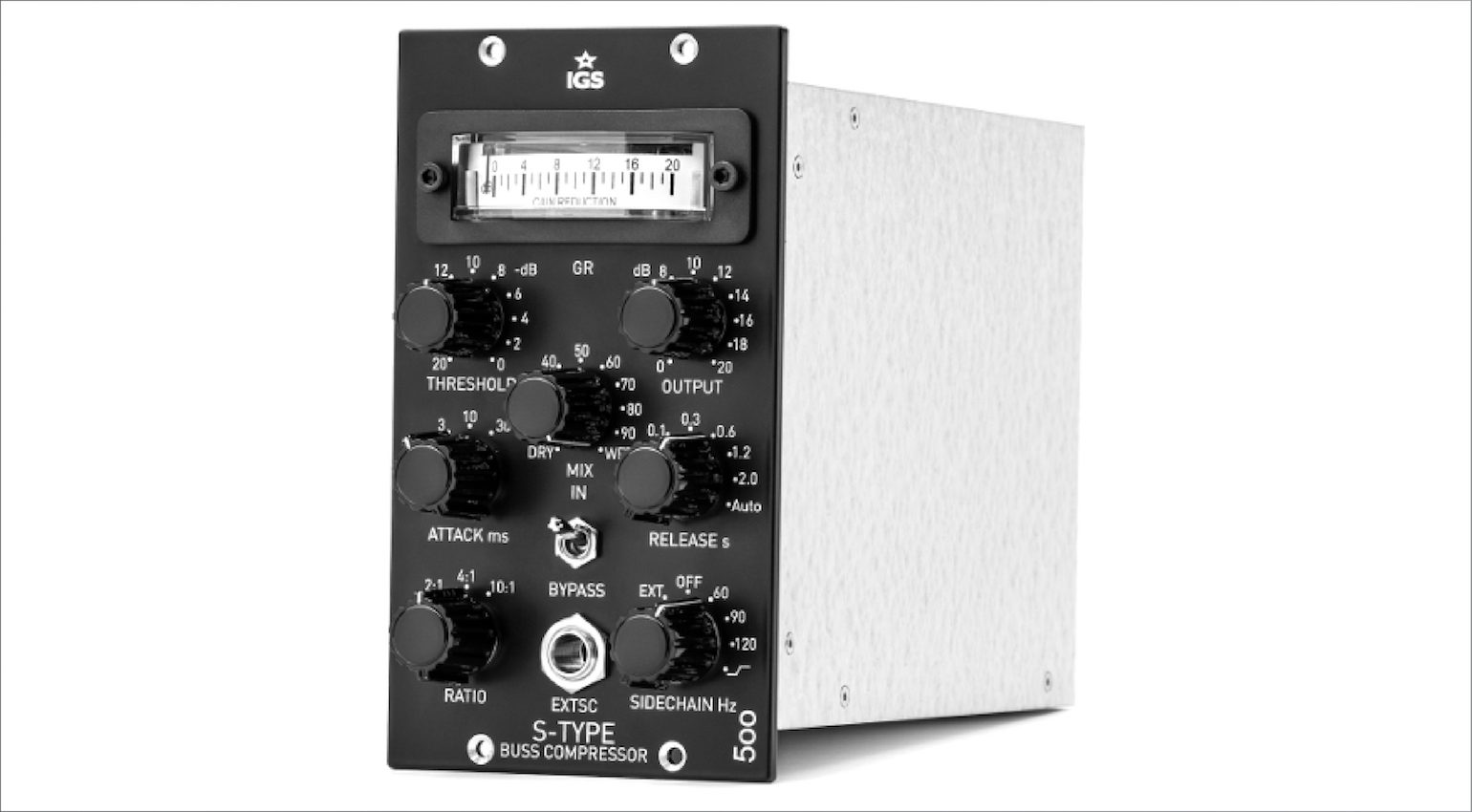
At first glance, the familiar design is focused on easy operation. Three fixed ratios and a sidechain HPF make it really fast to dial in your desired compression setting.
In addition, you have a mix knob for using the S-Type in parallel. Overall, it’s a great unit for those who are looking to get into hardware processors and don’t know where to start.
Elysia Xpressor neo
From the sound to the look and feel of the design, Elysia brings its unique approach to hardware and the Xpressor neo is a perfect example of this. Rather than being retro-modeled, the aim is to provide instruments that work seamlessly alongside your DAW workflow.
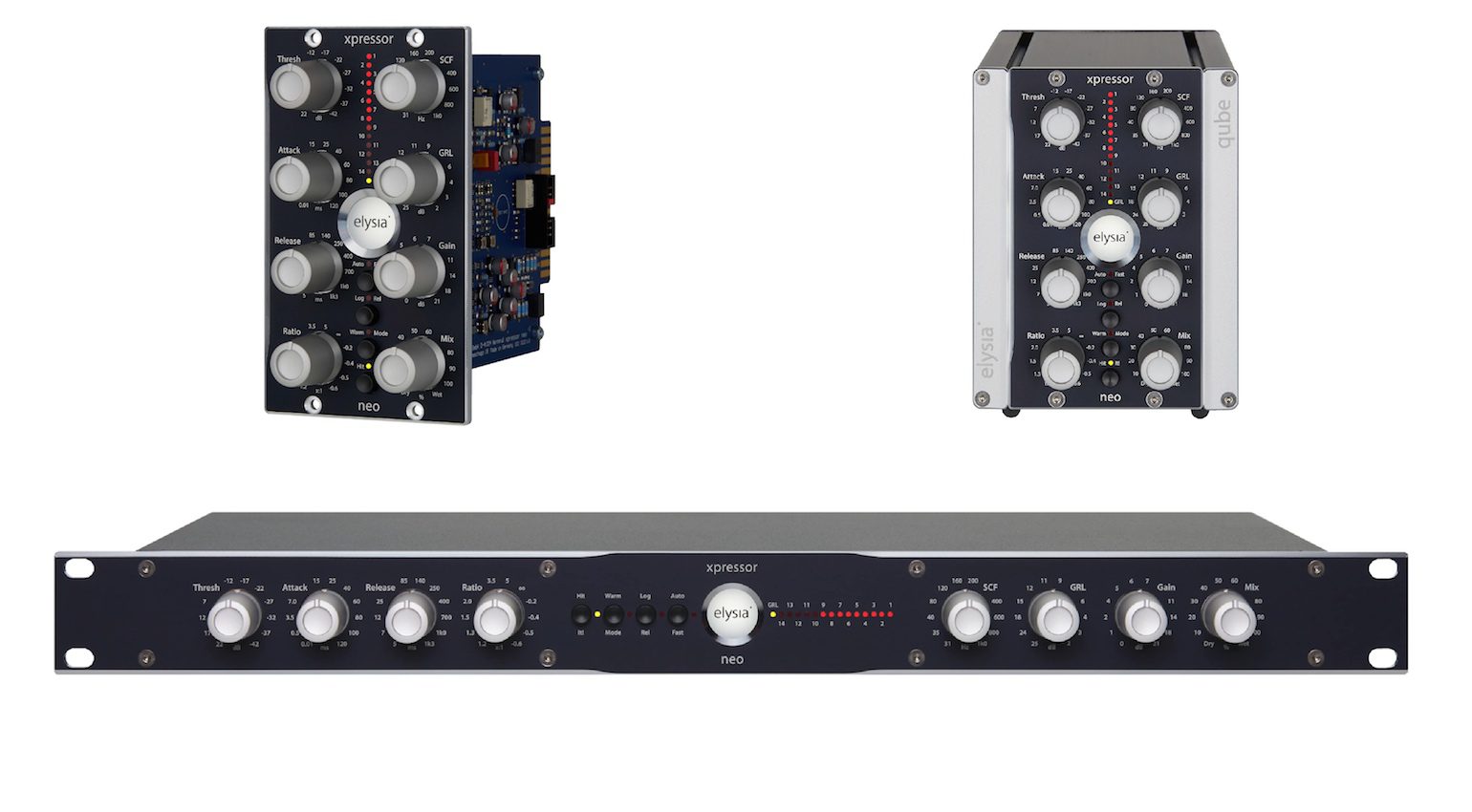
Apart from the 1U rackmount version, the Xpressor VCA compressor is available as a 500-series module or as a desktop unit.
This provides plenty of ways to use it in your setup – in studio, or on stage. What sets Elysia apart is features like negative ratios and gain reduction limiting. This makes the Xpressor a versatile creative tool.
Drawmer 1968 mkII
The Drawmer 1968 mkII is an FET compressor with variable tube output stages. It’s extremely flexible as you can use it in stereo link or dual mono mode and there’s also a sidechain path.
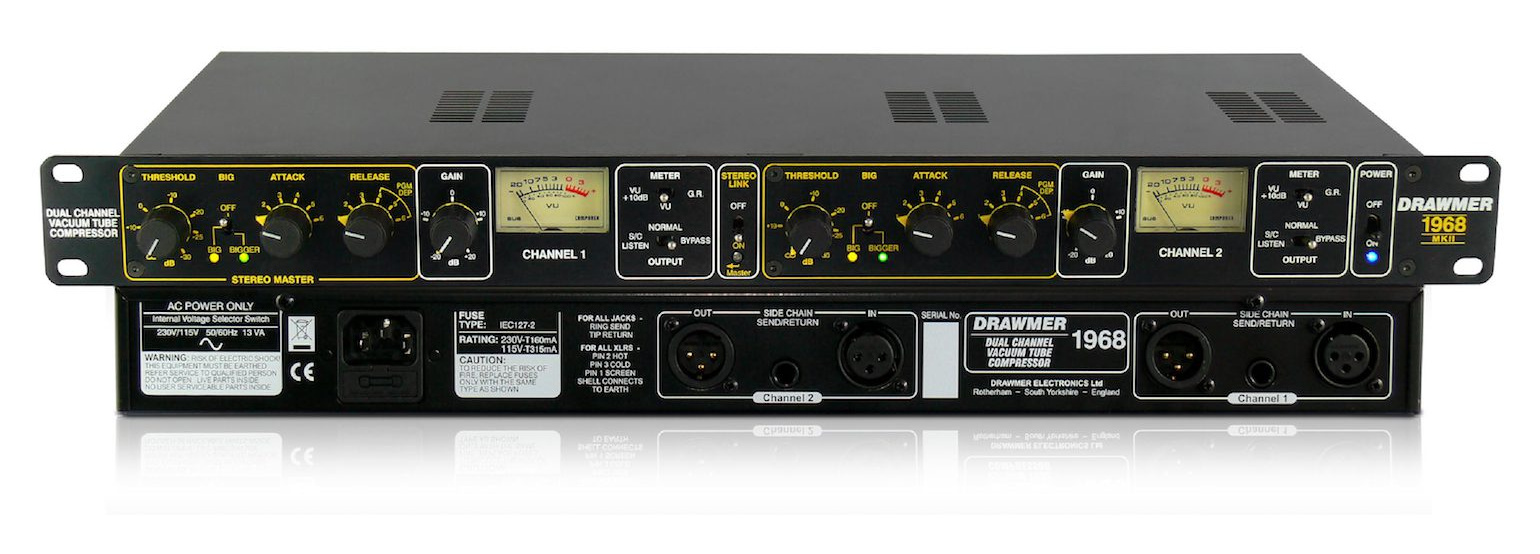
The 1968 works in a program-dependent fashion, similar to a leveling amplifier in that there is no ratio control. Another key feature, is the BIG and BIGGER mode switch that reduces the processing on the low-end, allowing it to breathe more easily.
The transparent but warm sound and useful features make this a great tool that has applications beyond simply being a bus processor.
Tegeler Audio Manufaktur Creme
The Creme combines the best of both worlds in one unit. VCA bus compression meets Pultec-style passive EQ in a very pleasing way, with applications on all types of sources.
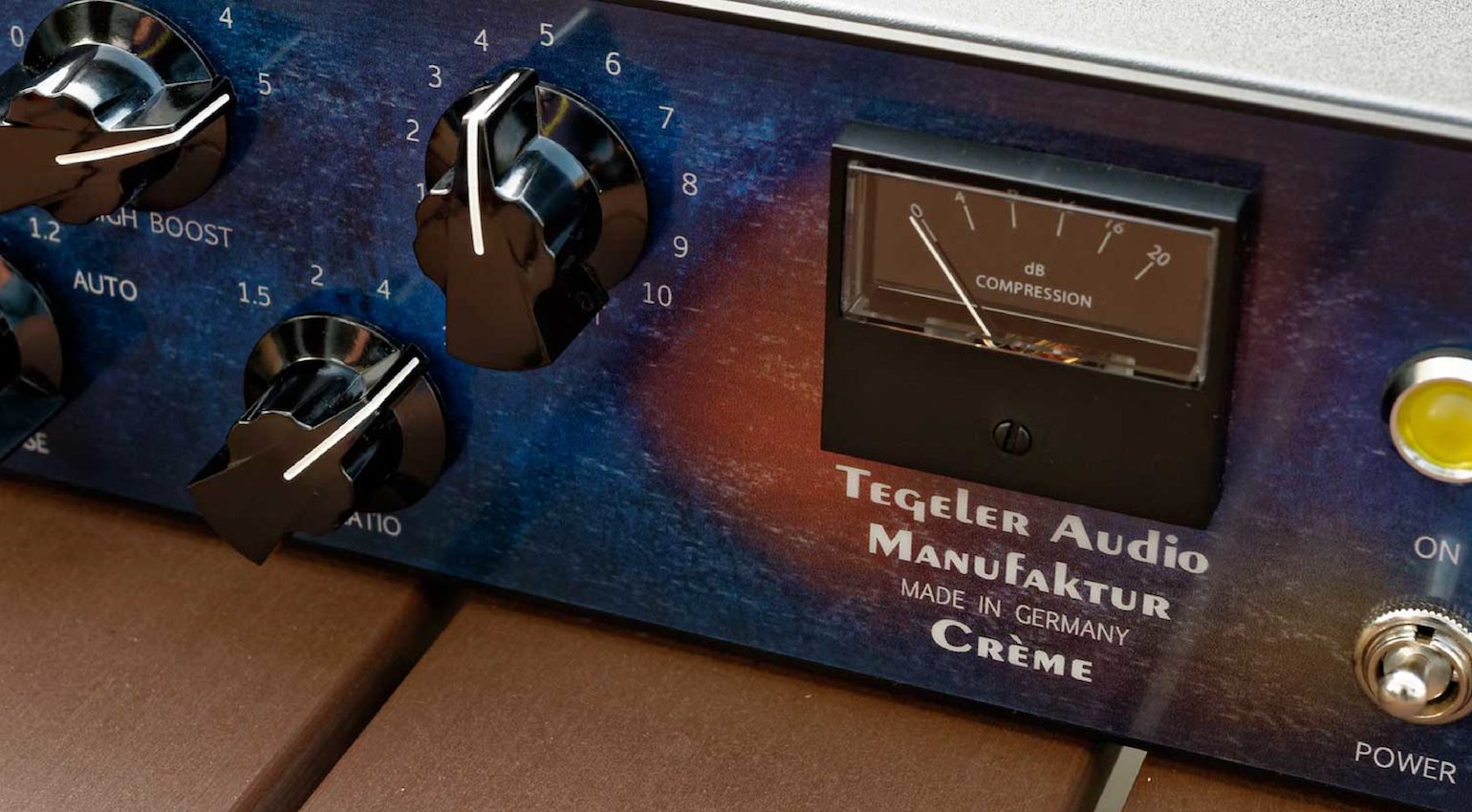
A selection of four fixed ratios, including a 1.5:1 setting, means you can be as subtle or as vicious with the compression as you like. In addition, there is a sidechain filter at 60 and 120 Hz to preserve your low end.
You can also flip the signal path and put the EQ before the compressor or vice versa, which adds to the utility of the Creme. Also available as the Creme RC, a digitally controlled version.
*Also available in a digitally controlled version, the Creme RC
SSL Bus+
With the Bus+, SSL has put their famous G-Series console compressor on steroids. Apart from the classic SSL sound, almost every routing and processing feature you could dream of is now at your fingertips.
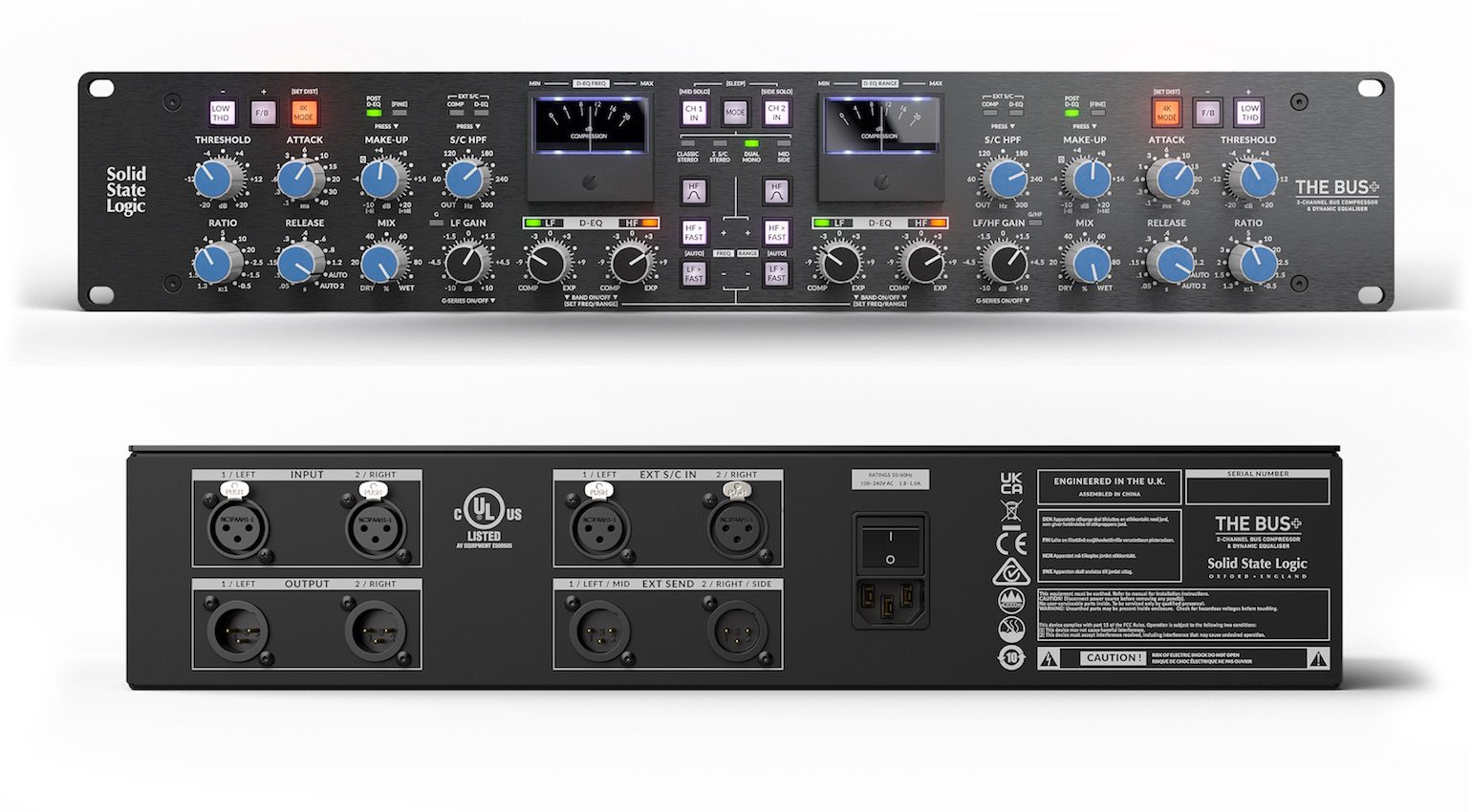
The Bus+ functions as a stereo, dual-mono, or mid-side processor with full digital control and an external sidechain circuit for added flexibility. All this added functionality makes it useful on far more than just a stereo bus, which brings great value.
It may take you a little while to get your head around all the controls, but once you’ve put the Bus+ to work on a few mixes, you’ll quickly start to develop your own workflow.
Also worth checking out:
More about the best stereo compressors:
Videos:
*Note: This article contains affiliate links that help us fund our site. Don’t worry: the price for you always stays the same! If you buy something through these links, we will receive a small commission. Thank you for your support!

